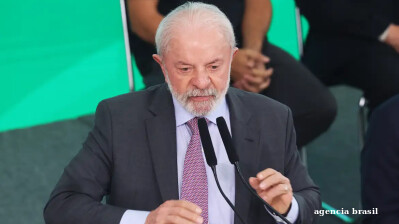Tajikistan, Turkey and Myanmar are three of the world’s few major producers of antimony that look set to benefit from a boom in prices for the much-sought-after mineral, used in bullets, lead-acid batteries, fire retardants and photovoltaic (PV) cells.
Dominant producer China has decided to restrict exports of antimony from September 15 on the basis of national security. Analysts expect the move will drive up the price of the commodity to new records. Antimony prices were at the end of last week already trading at all-time highs exceeding $22,000/tonne, approximately double what was seen at the start of the year.
As bne IntelliNews reported in June 2022, Tajikistan’s role as a substantial supplier of antimony, a shiny grey metalloid, sprung to the attention of the US Congress as lawmakers looked at potential critical mineral vulnerabilities in defence stockpiles.
China accounts for towards 50% of global antimony supplies. It supplied 83,000 tonnes of the critical mineral last year, according to the US Geological Survey (USGS).
Tajikistan, home to a great variety of untouched but often difficult-to-dig deposits of critical raw materials (CRM), supplied 21,000 tonnes of antimony last year, while Turkey shipped 6,000 tonnes and Myanmar 4,600 tonnes, USGS data also showed. Russia produced 4,300 tonnes of antimony in 2023, but Ukraine war sanctions and the fact of the conflict itself meant this was earmarked for domestic consumption.
Reuters reported consultancy Project Blue as assessing the antimony deficit in the market at 10,000 tonnes in May and as saying that European refineries of antimony trioxide have increased supply from Tajikistan, Vietnam and Myanmar to diversify from the Chinese feed, while India increased antimony ingot supplies to the US.
"The prospects of a small but antimony-rich country, Tajikistan, look good now," Alexey Kabanov, CEO at Swiss-based trading firm Voyager Group, told the news service.
Other critical minerals the West relies on China for include rare earths, gallium and germanium, exports of which Beijing has restricted since last year, Reuters noted.
It also reported analysts’ suggestions that once a new export licensing process for antimony kicks in, shipments of Chinese antimony might pick up once again following an initial decline brought about by the tightened restrictions.
News

Russia will remain defiant against US sanctions pressure, Putin claims
The sanctions come at a time when Russia’s two largest energy buyers, China and India, have shown signs of reducing their oil imports from Russia.

Russia rules out seizing EU assets but warns of retaliation if confiscations proceed
Russia will not seize European Union assets currently operating within its borders, Russian Deputy Finance Minister Alexei Moiseev has said.

China’s state-owned oil giants halt Russian crude purchases in response to US sanctions
China’s state-owned oil giants have paused their purchase of Russian crude oil in response to recent US sanctions targeting Moscow’s two largest oil firms, Rosneft and Lukoil

Switzerland reopens Baghdad embassy after 30-year closure
Switzerland reopened its Baghdad embassy after 30 years, with Iraqi and Swiss foreign ministers officiating ceremony reflecting confidence in Iraq's stability and signalling expanded economic cooperation.




_1758174730.jpg)